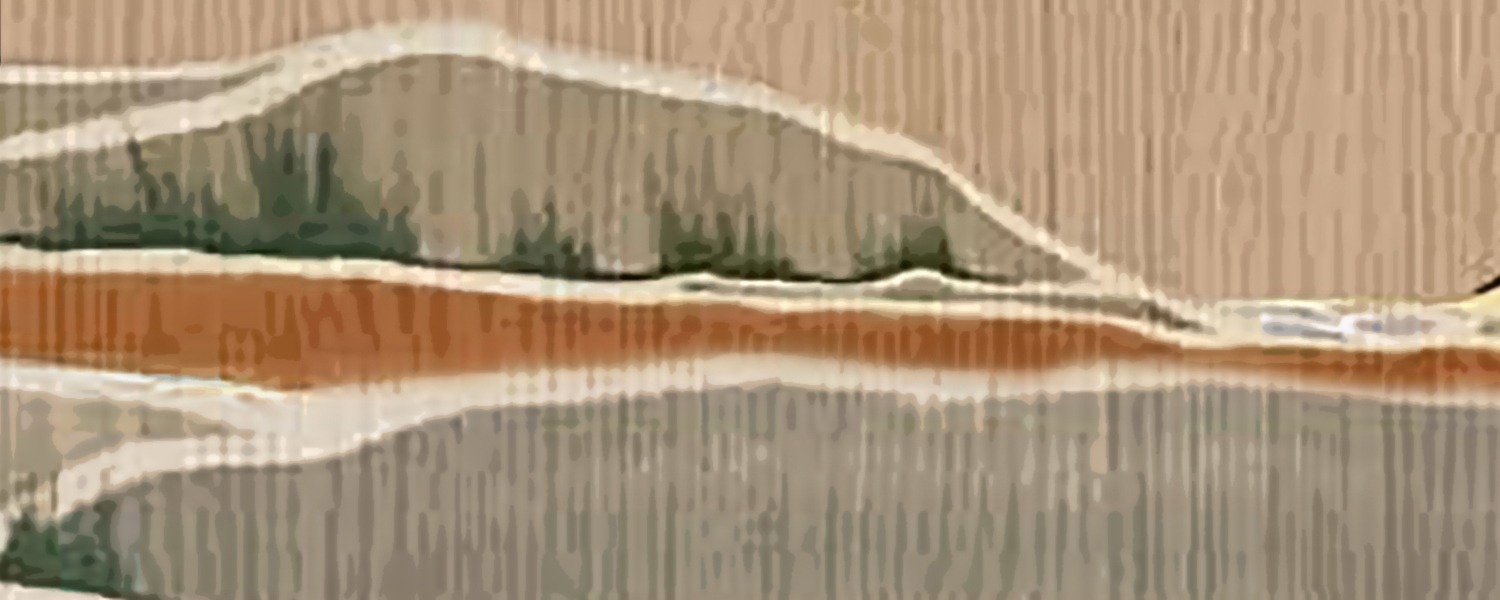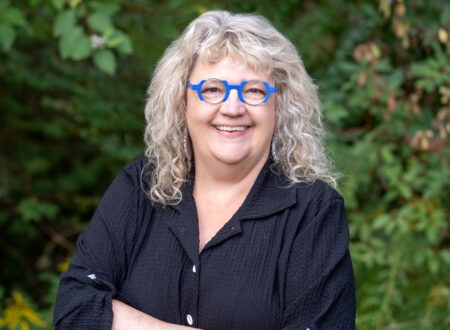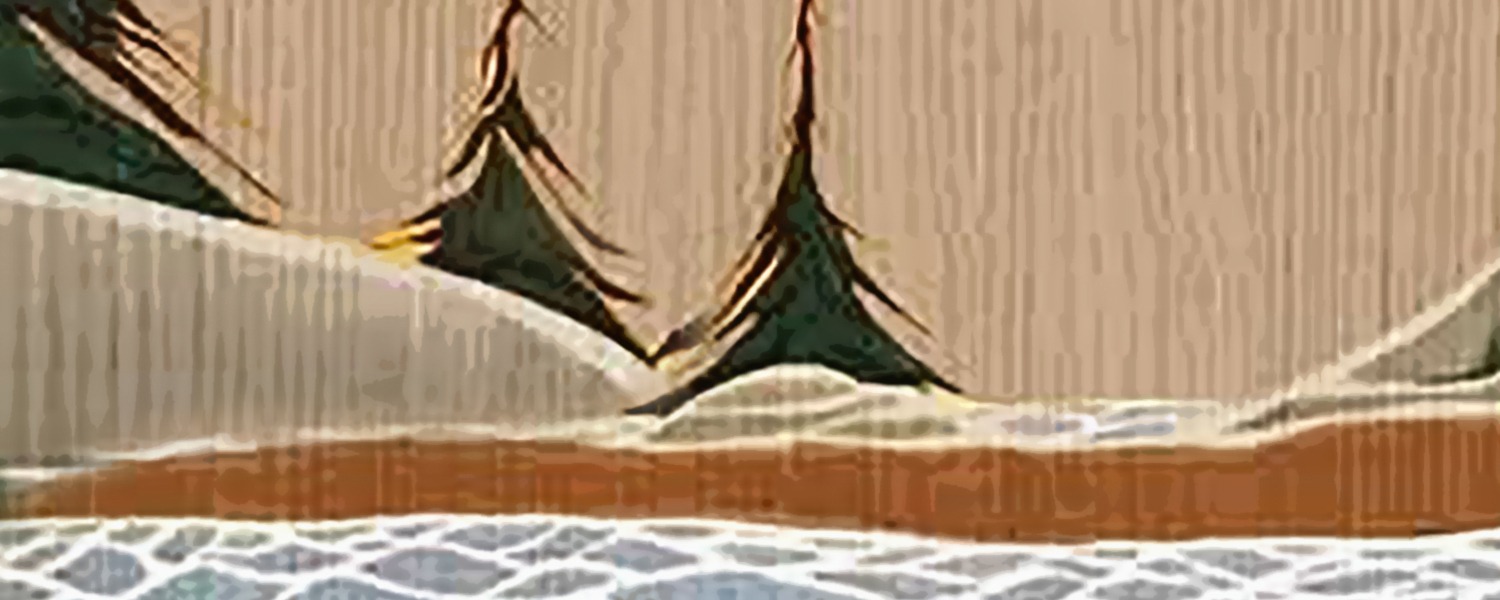OKT is proud to announce the firm’s sponsorship and ongoing support for the ground-breaking annual Anishinaabe Law Camp organized by Osgoode Hall Law School and the Chippewas of Nawash Unceded First Nation.
In 2014, OKT watched with interest as legal scholars and Anishinaabe traditional knowledge holders organized the first Anishinaabe Law Camp, at Neyaashiinigmiing (the Chippewas of Nawash reserve at Cape Croker). OKT saw leading legal scholars in Indigenous law come together with traditional knowledge holders and we thought (from our perspective, watching from the outside) that this is a timely effort.
In our legal practice, we recognize that Indigenous legal traditions (not just common law as it applies to Indigenous people) are an essential part of meeting the legal needs of Indigenous communities we serve. Two years later, as OKT interviewed prospective articling students, we became even more aware of the value of this program in strengthening the training of lawyers with an interest in serving the needs of Indigenous clients. OKT wants to support this important initiative, so we became the lead sponsor for the Anishinaabe Law Camp.
At the beginning of September, this year’s annual camp brought together the Chippewas of Nawash community’s best knowledge-holders – legal scholars, ecologists, leaders and elders – with about 40 students, 8 faculty members, and a few guests from across the legal profession. Over the space of 4 days, students and faculty participated in the introduction to Anishinaabe legal concepts and principles, pedagogies and modes of reasoning.
The law students who attended began to learn how to read the most fundamental text that the Anishinaabe have historically drawn upon to build their intellectual tradition: the land itself. They listened to some of the ancient stories of the Chippewas and discussed how to tease out some of the principles they contain for living respectfully and resolving conflicts. They heard community hosts talk about the current conflicts and dilemmas experienced by the community. And students reflected on the gift of the knowledge shared with them, throughout their stay. The experience will frame the rest of their law school experience, helping students to think more critically about the plurality of legal traditions in Canada, and the need for better understanding of Indigenous perspectives on critical legal issues.
This year, Krista Nerland (an associate at OKT) had the privilege of participating in the camp. Krista observed, “The camp was a fantastic opportunity to learn about and reflect on the legal principles embedded in different aspects of the Anishinaabe tradition, and how those principles can be applied to help resolve disputes that arise today. I think the old adage that ‘when all you have is a hammer, everything looks like a nail’ applies all too well to those of us trained in the common law tradition. The students who participate in this camp will be better lawyers, regardless of their area of practice, because they will better recognize the value commitments and structures that underpin the common law tradition and better understand its limits. They will also be better prepared to confront – and, hopefully, help to transform – the impacts of ongoing colonialism in Canada.”
The Anishinaabe Law Camp is possible only because of the generosity of the Chippewas of Nawash, including the community knowledge-holders who shared their stories and knowledge with the camp’s participants, and the many other people living in Neyaashiinigmiing who shared their time and energy to make the camp work and the students feel welcome. OKT is proud to stand with them in supporting this camp.
Related Posts

OKT Recognized in Annual Ranking of Experts in Indigenous Law
Lexpert has once again recognized OKT a national leader in the practice of Aboriginal law.
Lexpert conducts extensive surveys each year, to determine the leading experts in specific fields of…
Read More...
Job Posting: Director, Finance and Administration
Olthuis Kleer Townshend LLP (“OKT”), is Canada’s largest law firm dedicated to advancing the self-determination and success of Indigenous peoples in a wide range of areas of Canadian law. We…
Read More...


